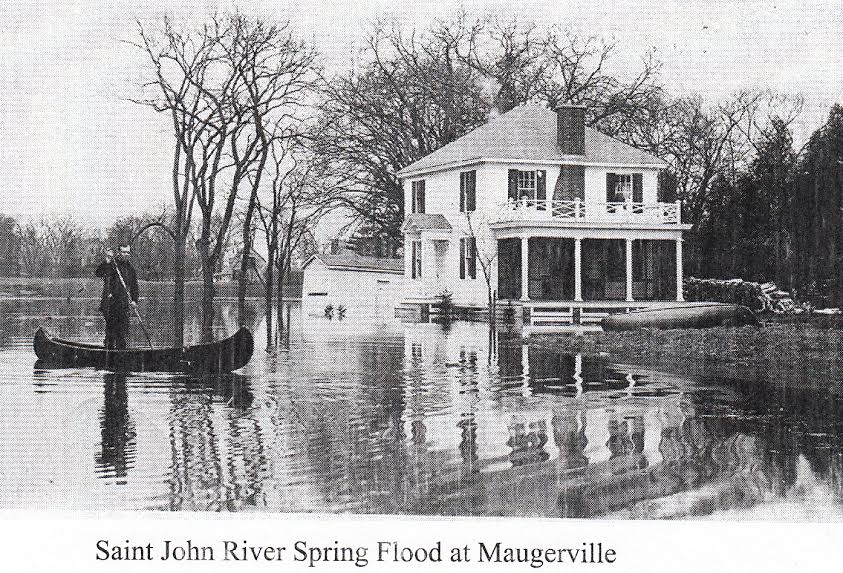|
For all but a sliver of our existence, people everywhere have been “living weather”: dependent upon local ecologies for the fuel, nutrition, and other materials to sustain them through their exposure to the elements in the course of the seasons. I study evidence of this in the diaries of British emigrants and American Loyalists dwelling in the British North American colonies of Nova Scotia, St. John’s Island, or Prince Edward Island, New Brunswick, and Newfoundland. Diarists learned to ‘live weather’ – learned local weather ecology - through a praxis of observation.
This praxis involved continuously integrating traditional ecological knowledge from emigrant’s former home places, with experiential knowledge developed through observation of the effects of weather on the land and waterscapes of their new homes. Settlers engaged in a praxis of observation through interaction with local human and ecological communities. Thus far, I have focused on risk and vulnerability, and experimentation and adaptation, as key themes within this praxis. I am interested in the multiple ways that settlers learned local weather ecology, and in the course of adapting to it, were keenly attuned to extremes, and changes over time. This work is part of a larger project of reconstructing climate and climate-society relationships in the region between 1780 and 1920. Teresa Devor is a PhD candidate in environmental history at the University of New Brunswick. Click here to read some of Teresa's online articles.
15 Comments
|
Archives
August 2021
Categories |


 RSS Feed
RSS Feed